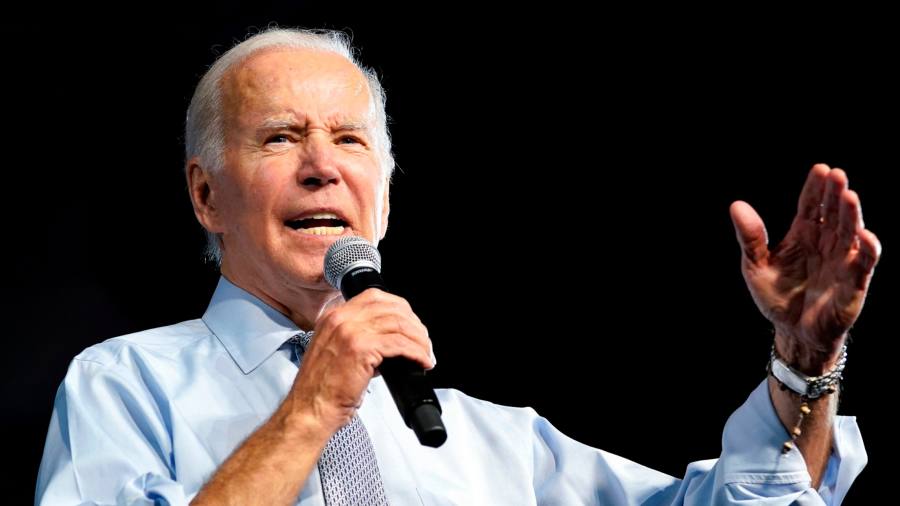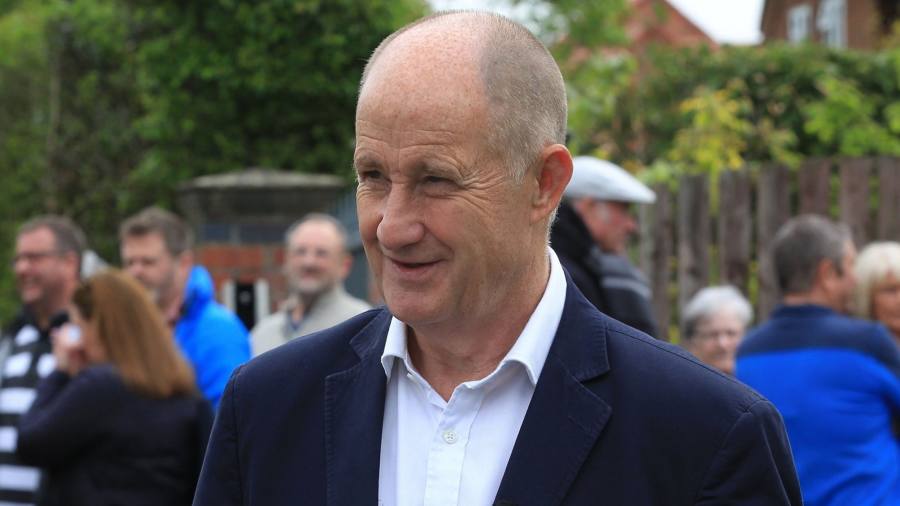The Democratic party has moved to dramatically shake up the presidential primary calendar, choosing South Carolina as the first nominating contest and unseating the Iowa caucuses, after a push to overhaul the process led by US president Joe Biden.
The move by the Democratic National Committee’s rules and bylaws panel on Friday comes as Biden is pressing ahead with his plans to run for re-election in 2024, and wants to reward states that are more demographically diverse and more representative of the Democratic electorate.
Following the South Carolina primary, the next contests will be held in New Hampshire and Nevada, and then in Michigan and Georgia — two vital swing states that Biden won in 2020 after Donald Trump had carried them in 2016 over Hillary Clinton.
“Just like my administration, the Democratic Party has worked hard to reflect the diversity of America — but our nominating process does not,” Biden wrote in a letter to the DNC this week.
“Too often over the past 50 years, candidates have dropped out or had their candidates marginalised by the press and pundits because of poor performance in small states early in the process before voters of colour cast a vote.”
The adoption of the new calendar, displacing an early line-up of nominating contests that has been in place since the 1970s, reflects Biden’s own history in presidential races.
In 2020 he stumbled badly in the Iowa caucuses but scored a decisive victory in South Carolina, which has a disproportionately African-American electorate, after winning the endorsement of Jim Clyburn, the veteran Democratic member of Congress. Biden dropped out of the presidential race in 2008 after a poor performance in Iowa, as Barack Obama stormed to victory.
Speaking at the meeting where the changes were approved on Friday, Jaime Harrison, the chair of the DNC who comes from South Carolina, praised the steps.
“This proposal by President Biden will reflect the strength of America’s greatest asset: our diversity . . . It will continue to make our party and our country stronger and it will elevate the voices who are the backbone of our party,” Harrison said.
But the plan has triggered a backlash in Iowa and New Hampshire among both Democrats and Republicans who see it as an unnecessary attack on an established political tradition. While Iowa has turned decisively to the right in recent years, New Hampshire remains an important swing state in New England that Democrats will want to hold on to.
Credit: Source link














